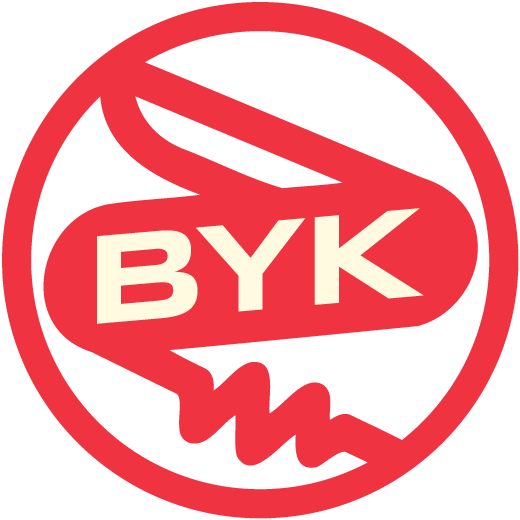Brand identity is more than just a logo – it’s every association, every experience a customer has with a brand. Most small businesses don’t put enough effort into building their brand identity until there’s a glaring issue. We’d advise against this – all businesses, especially small businesses should be actually consistently putting work into their brand to ensure such issues don’t arise.
Here’s why a consistent, strong brand identity matters, especially to small businesses.
Makes an Impression
Presentation is everything. Customers form a brand impression from a ton of different factors that will all add up – it’s not just your logo, but that and your website, business cards, customer service, social media presence, etc. Making an immediate sale shouldn’t be your goal, but building up a positive long-term brand relationship, which can also lead to future consistent sales. Think big picture.
Creates Recognition
If you maintain consistent visual elements and brand associations, your brand will be easily recognizable. Think about how quickly you’re able to recognize products from, say, Apple and Nike. Consider what you could make your brand’s trademark, like Apple’s bitten apple logo, sleek chrome products, and simple, modern branding. Of course, it takes time for these things to be associated, but that quick recognition is something your brand should strive for over time.
Shows Credibility
A polished brand identity shows you know how to run your business and tells customers they’ll be in good hands.
Makes a Connection
When a customer buys, they aren’t just buying a product, but what your brand stands for. That’s why you have to carefully design your brand to convey exactly what you want and what you authentically stand for, and ideally your message will resonate with your customers.
Got it? Now here are some tips on how to build a strong brand.
- Clearly define your brand. What drives your business? What sets you apart from others?
- Build a long-term relationship with your customers. Don’t focus on short-term sales, but a lasting relationship. Again, think big picture.
- Use a consistent, distinctive voice. However, don’t keep repeating the same message like a broken record – make sure your individual messages work together to form a coherent, singular message.
- Don’t copy big brands – be distinctive. What works for you won’t necessarily work for every business – be bold and stand for your unique values.
- Always consider your branding during communication. Every interaction you have with customers will contribute to the impression customers have of your brand.
A brand identity is so much more than just a logo. If you understand that and operate your business accordingly, you will be rewarded with more success in the long run.




